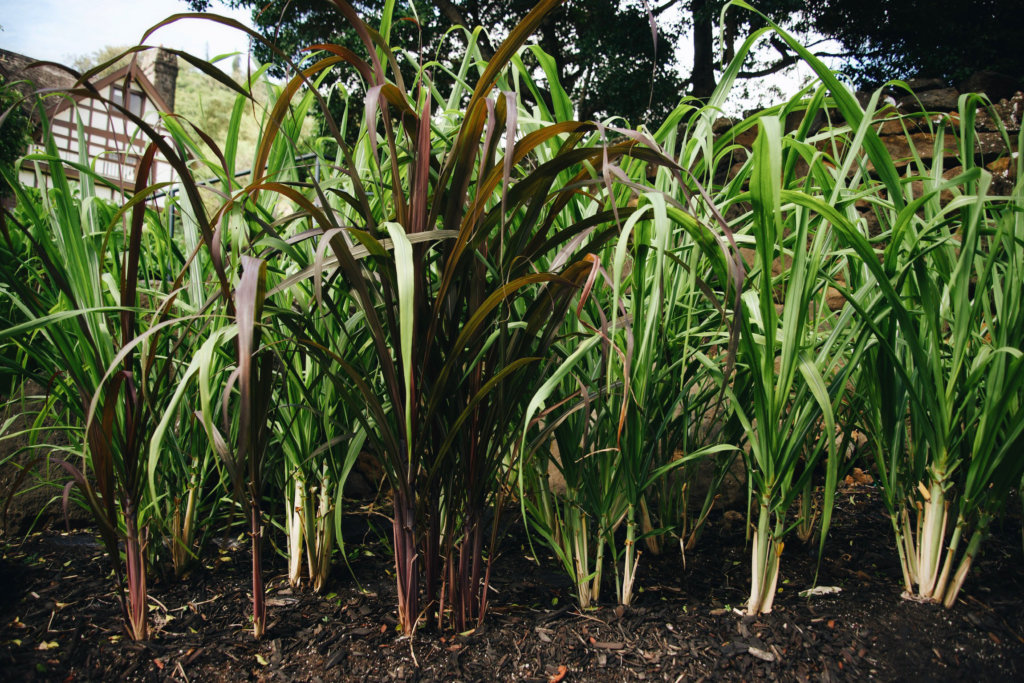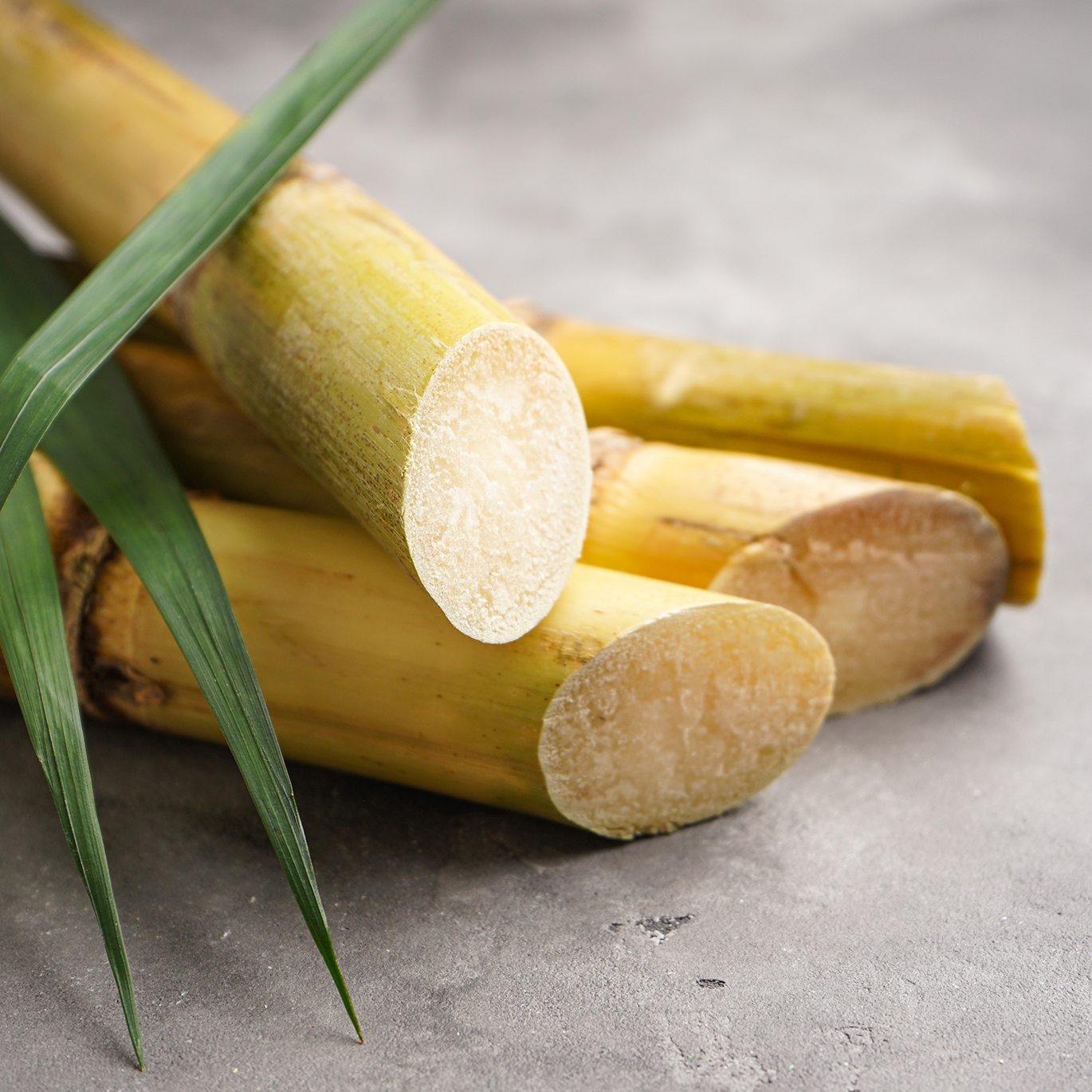Sugar and Cane: Unlocking the Secrets Behind Their Sweet Appeal
Sugar and Cane: Unlocking the Secrets Behind Their Sweet Appeal
Blog Article
Why Cane Sugar Processing Chemicals Are Important for Modern Sugar Refining
The role of cane sugar processing chemicals in modern sugar refining can not be overstated, as they are essential to improving both the effectiveness of extraction and the overall quality of the final product. Representatives such as phosphoric acid and details flocculants are used to remove contaminations, resulting in sugar that not just fulfills customer expectations however also adheres to industry criteria.
Duty of Handling Chemicals
The efficiency of walking cane sugar handling pivots significantly on the calculated application of processing chemicals. These chemicals play an essential duty in boosting the performance and high quality of sugar extraction and refining. From the initial stages of juice removal to the last filtration actions, handling chemicals facilitate various vital procedures.
In the removal phase, chemicals such as phosphoric acid and calcium hydroxide are employed to maximize the explanation process, helping to get rid of contaminations and suspended solids from the cane juice. This not just improves the return yet likewise ensures the quality of the end product. Additionally, representatives like flocculants aid in the fast settling of impurities, therefore simplifying the general procedure.
Activated carbon and ion exchange resins offer to remove color and odor, making certain that the refined sugar meets customer top quality standards. Therefore, the thorough selection and application of these chemicals are important for attaining optimum outcomes in walking stick sugar handling.
Trick Sorts Of Chemicals
Cane sugar processing relies upon a selection of vital chemicals that facilitate each stage of production. These chemicals play necessary duties in clarifying, bleaching, and cleansing the sugar removed from walking cane.
One primary classification of chemicals includes flocculants, such as polyacrylamide, which aid in the information procedure by advertising the aggregation and settling of impurities. Additionally, calcium hydroxide is commonly utilized to reduce the effects of level of acidity and aid in the elimination of non-sugar elements.
Whitening agents, such as activated carbon and sulfur dioxide, are used to decolorize the syrup, resulting in a clearer final item. These chemicals aid remove shade compounds that may affect the sugar's appearance and bankability.
In addition, phosphoric acid offers as a pH regulatory authority during the processing stages, guaranteeing optimal conditions for the chemical tasks entailed in sugar removal and filtration.
Other essential representatives consist of edta (ethylenediaminetetraacetic acid), which chelates metal ions that can militarize unwanted reactions, and salt hydroxide, which helps in pH control throughout the refining process. Jointly, these chemicals enhance efficiency and make sure a high-grade walking stick sugar product.
Advantages for Sugar Quality
Usually ignored, making use of certain processing chemicals dramatically improves the total quality of walking cane sugar. These chemicals play a critical role in refining processes, making certain that the end product meets rigid industry requirements for pureness and preference.

In addition, refining chemicals assist in accomplishing a constant granulation and texture, which are vital for consumer approval. By regulating the formation process, these chemicals guarantee that the sugar crystals form evenly, bring about a much more attractive product that liquifies well in different applications.
Furthermore, using these chemicals can boost Learn More Here the rack life of walking stick sugar by reducing moisture absorption and microbial development. In general, the tactical application of handling chemicals is vital for providing top quality cane sugar that fulfills consumer expectations and sector demands.
Environmental Influence Considerations

Furthermore, the energy-intensive nature of sugar refining, compounded by chemical usage, commonly causes increased carbon emissions. This adds to climate modification and raises issues pertaining to the sustainability of existing refining techniques. In addition, the sourcing of these chemicals might entail techniques that intimidate biodiversity, such as monoculture farming, which lowers the strength of farming ecosystems.

To minimize these influences, sugar refiners are significantly discovering lasting options and adopting best practices that minimize chemical use. Applying extensive ecological administration systems can help ensure that the refining procedure lines up with environmental standards and advertises biodiversity. Eventually, a balanced strategy that focuses on both sugar quality and ecological stewardship is necessary for the long-lasting viability of the sugar sector.
Future Trends in Refining
As the sugar sector comes to grips with the environmental obstacles connected with traditional refining approaches, ingenious approaches are arising to enhance both efficiency and sustainability. One considerable trend is the fostering of eco-friendly chemistry concepts, which focus on the linked here use of non-toxic, eco-friendly processing chemicals. This change not only decreases environmental influence but additionally addresses consumer need for cleaner manufacturing techniques.
An additional promising growth is the implementation of sophisticated purification modern technologies, such as membrane splitting up and adsorption procedures. These techniques boost the clarity and high quality of the sugar while reducing the quantity of wastewater created during refining. Furthermore, the assimilation of electronic technologies, including IoT and AI, is changing functional efficiency by allowing real-time tracking and anticipating upkeep, thus reducing source waste.
In addition, using spin-offs from sugar refining, such as bagasse and molasses, is getting grip. These materials can be converted into biofuels or value-added items, adding to a round economic climate within the market. Jointly, these fads signal a shift towards more sustainable techniques that not just enhance functional performance but also line up with international sustainability goals, making certain the future viability of sugar refining.
Conclusion
Cane sugar processing chemicals are important in modern-day sugar refining, considerably boosting the effectiveness and top quality of sugar removal. The strategic use these chemicals not just improves the purity and flavor of the last item however additionally ensures consistent condensation and texture. As the market progressively focuses on sustainability, the fostering of environmentally-friendly processing agents is most likely to form wikipedia reference future fads in refining, eventually leading to better items and expanded service life for consumers.

Eventually, a well balanced technique that prioritizes both sugar quality and environmental stewardship is important for the long-term viability of the sugar industry.
Walking cane sugar handling chemicals are necessary in modern sugar refining, significantly boosting the efficiency and high quality of sugar removal.
Report this page